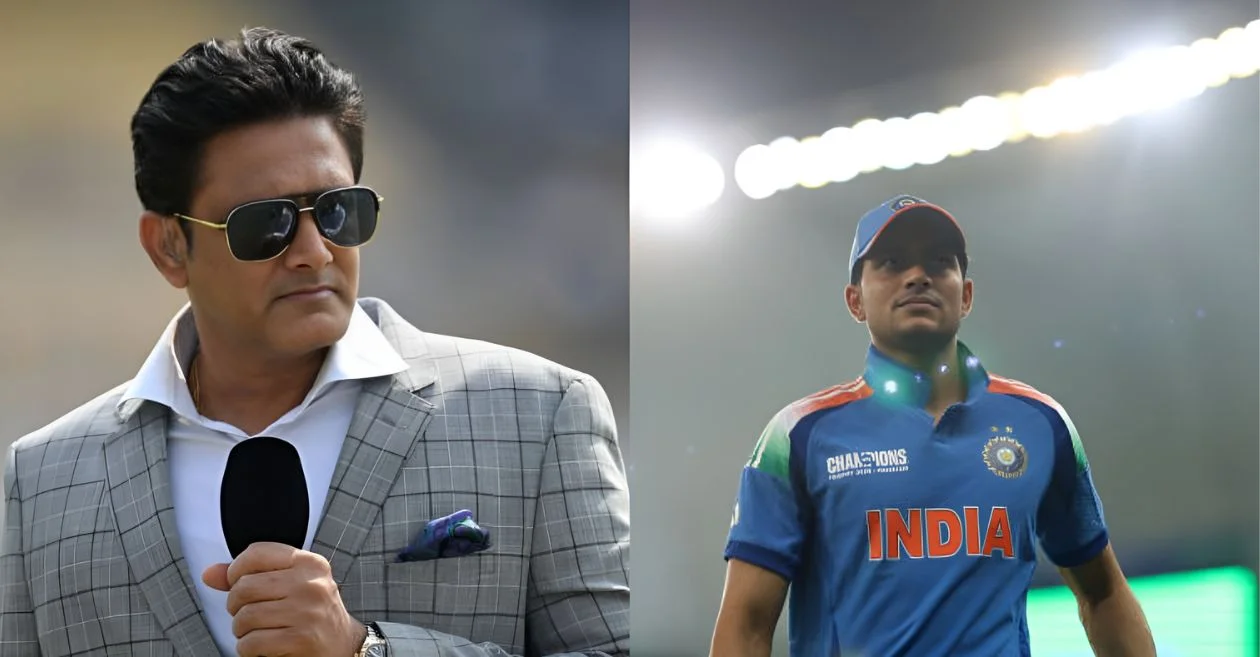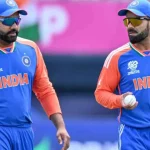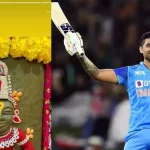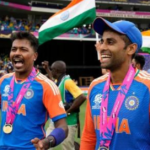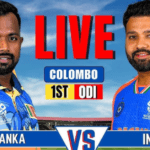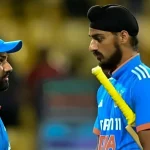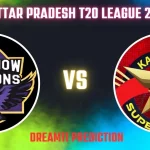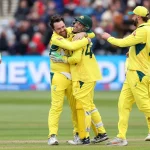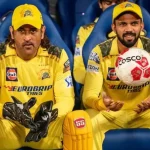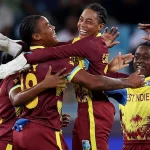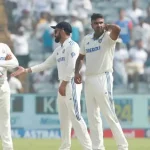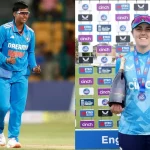Former India captain and legendary spinner Anil Kumble has emphasized the need for a bold transition in India’s white-ball cricket setup following the conclusion of the ICC Champions Trophy 2025. Speaking on ESPNcricinfo’s ‘Matchday’ show, Kumble insisted that regardless of how India fares in the tournament, the team management, led by head coach Gautam Gambhir, must take decisive steps to reshape the squad for future success.
Kumble Calls for a Transition in Indian Cricket
Kumble highlighted that this tournament serves as a turning point for India’s ODI setup. The emergence of young talent and the decline of older players make it imperative for the selectors to start building a squad that is equipped for the 2027 ODI World Cup.
“You could say this is a very important tournament for a coach who has to make those tough calls in terms of transitioning from the legacy players to the others. But that’s the job of the coach, to make those hard decisions. This tournament could determine where those seniors would go, and where India would look at making those changes. Win or lose, you need these tough calls to be made at the earliest. You need to start looking ahead in white-ball cricket, especially at the 2027 World Cup,” Kumble said.
The former coach and player also underscored how the cricketing landscape has evolved, with ODI matches becoming increasingly scarce in comparison to the prominence of T20 cricket. This shift makes it even more important to be strategic about player selection, ensuring that the right balance of youth and experience is maintained in the squad.
Who Will Lead India After Rohit Sharma?
With Rohit Sharma’s future in ODIs uncertain beyond the Champions Trophy 2025, discussions have intensified over who will take over the leadership in the format. Kumble weighed in on the debate, naming Jasprit Bumrah as the natural and immediate choice for the ODI captaincy, while also acknowledging Shubman Gill as a long-term leader in the making.
“Shubman is already in the leadership group, and eventually he will get to that captaincy. Now whether it will be immediately after Rohit leaves one-day cricket, or else Bumrah will come in, which is the automatic choice both for Test match cricket and the ODI format, because you hardly play ODIs now,” Kumble explained.
He pointed out that Bumrah has already demonstrated his leadership acumen, having captained India in Test matches, notably in the 2024-25 Border-Gavaskar series in Australia and in a bilateral series against Ireland in 2023. His ability to inspire and marshal his troops under pressure has made him an invaluable asset, making him an ideal candidate to lead the ODI team.
“If you look at white-ball cricket, although the next World Cup is 2027, in between 2023 and now, we have hardly played one-day cricket. It’s mostly been T20 format, where Suryakumar Yadav is already the captain. So, when you look at the ODI format, to sort of look at Bumrah, and preserve him because he is very valuable, and try to utilize him for important tournaments. So, I think Bumrah will become the natural choice, but Shubman won’t be far behind,” Kumble stated.
The Bigger Picture: A New Era for Indian ODI Cricket
Kumble’s call for tough decisions reflects a broader shift in Indian cricket. While the team remains one of the most dominant forces in world cricket, the need for a smooth transition in leadership and personnel is crucial to sustaining long-term success. The Indian team management has often been criticized for persisting with veteran players for too long, leading to challenges in grooming the next generation.
Under Gambhir’s guidance, a new approach could take shape, prioritizing players who are not just in form but also bring long-term value to the squad. With the 2027 ODI World Cup in sight, the time to make these changes is now.
Key Areas of Focus in India’s White-Ball Transition
- Senior Players’ Future: The Champions Trophy 2025 could determine the international futures of some of India’s senior players. Veterans such as Rohit Sharma, Virat Kohli, and KL Rahul may need to be phased out gradually to make way for emerging stars.
- Fast-Tracking Young Talent: Players like Yashasvi Jaiswal, Ruturaj Gaikwad, and Tilak Varma have shown promise and could be integrated more consistently into the ODI squad.
- Building a Leadership Group: While Bumrah seems poised to take over as the next ODI captain, grooming Gill as a deputy and potential future captain will be crucial. A leadership core featuring these players, along with Hardik Pandya and Suryakumar Yadav, could define India’s future in limited-overs cricket.
- Managing Workload & Specialization: With a packed international calendar, India must balance the workloads of key players, ensuring that those who specialize in different formats are used efficiently.
Anil Kumble’s comments come at a crucial time for Indian cricket. As the Champions Trophy 2025 unfolds, the team’s performance and decision-making will provide vital insights into its future direction. With a generational shift on the horizon, taking bold and strategic steps now could define India’s success in the years to come. The call for transition is not just about replacing players—it is about envisioning a new era where India continues to be a dominant force in white-ball cricket.
Please check for information on the best betting sites in India – https://selectory.org/best-betting-sites/
